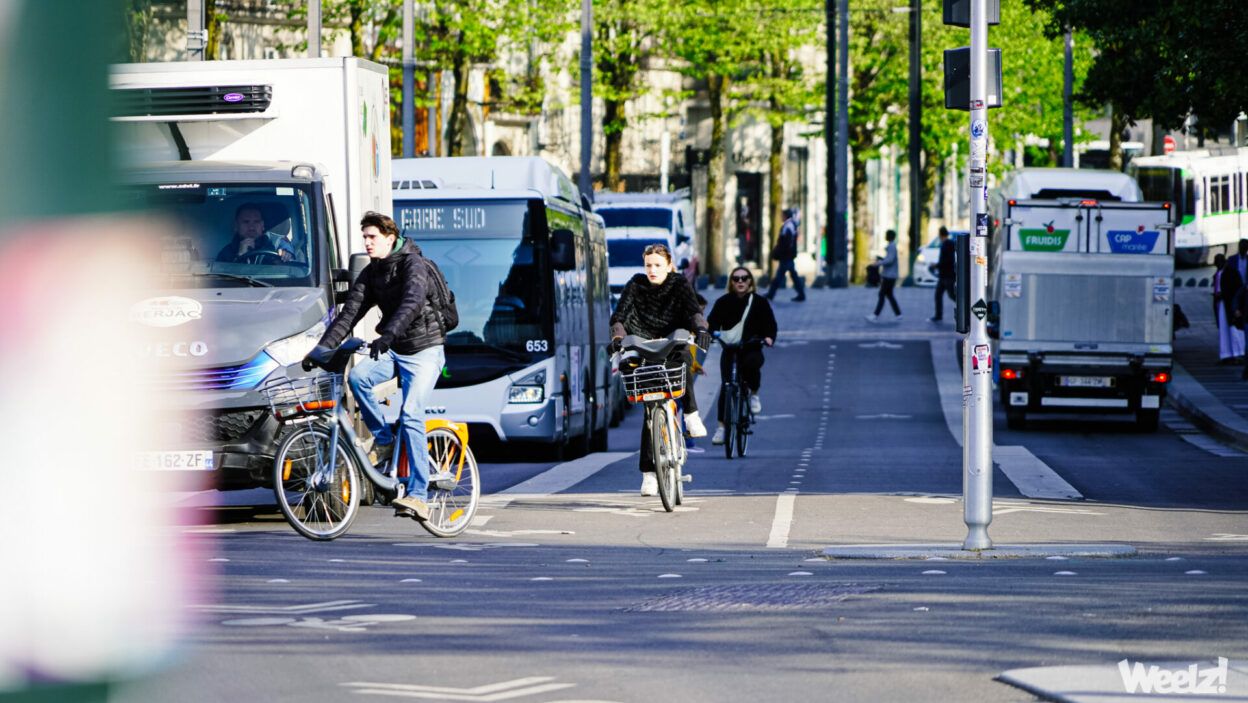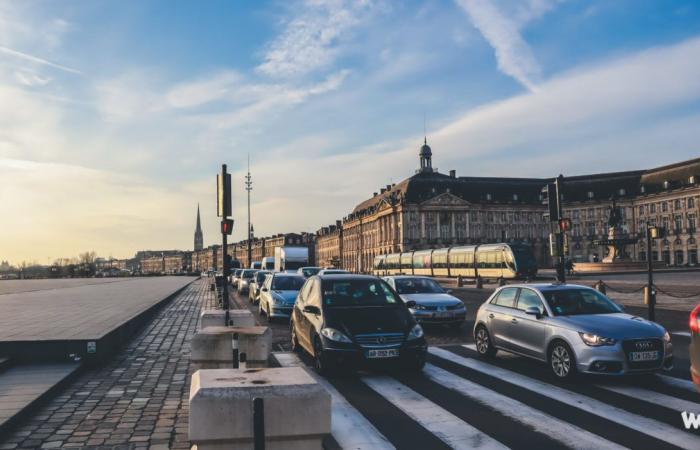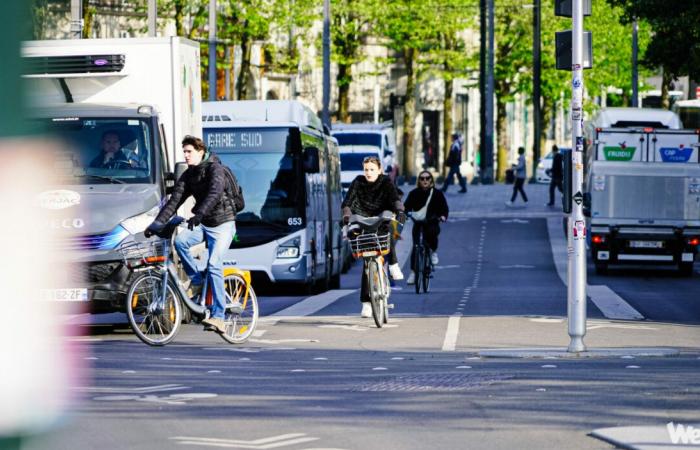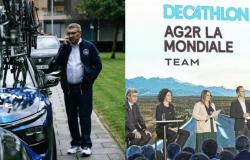Do you know the concept of generalized speed? By applying it, we discover that the cyclist is faster than the motorist. Travel time is often the key argument when choosing between car, public transport or bicycle. What happens if we include the hidden cost of travel? A very modern concept, in your opinion? Imagine that it was imagined in the 70s by the philosopher Ivan Illich. Deciphering an idea that challenges prejudices about Cycling.
The paradox of automobile speed, the generalized speed of Ivan Illich
Combine the time spent on the road and the time needed to finance this trip. It's a concept called “generalized travel time”, popularized by Ivan Illich. This German priest turned philosopher was an environmentalist thinker. He did not mince his words when criticizing our industrial society.
However, his concept of generalized speed “has hardly been taken up by the scientific community” as Frédéric Héran indicates on Cairn.info, the scientific publication platform. We quickly understand why, since it was at this time that the automobile sector became an important economic engine for all societies in the era industrial.
The car, “a time-consuming monster”
Let us try to summarize Ivan Illich's thoughts in broad strokes. Motorists often use expressways to avoid traffic jams. But this strategy has a cost: fuel, maintenance, tolls… Not forgetting the work time necessary to finance all of this. This is where the paradox lies.
By integrating the overall cost, the “generalized” time of transport by car increases considerably. This calculation reveals a surprising reality: the automobile, supposedly fast, can become a “time-consuming monster”, as another philosopher, Jean-Pierre Dupuy, called it in the 1970s. A criticism that is still relevant today.
“The car, symbol of modernity, continues to seduce despite its economic and environmental inconsistencies”
However, since the 1970s until today, this reasoning remains largely absent from debates on mobility. The car, symbol of modernity, continues to seduce despite its economic and environmental inconsistencies.
Widespread speed: the bicycle, an economic and time champion


Cycling, on the other hand, turns the equations upside down. With a derisory cost of use and formidable efficiency on urban journeys, it shines with its simplicity. No need to pay to go fast, and even less need to work hours to finance your trip.
Obviously, the cost of a bicycle from the 70s is no longer really comparable to our modern bicycles, especially if they are electrically assisted. However, even if the prices of our expensive bicycles have tended to soar in recent years, their purchase remains much more accessible if we compare it to a modern car.
Does the bike go faster than the car? No, the cyclist goes faster than the car driver
Result: on many home-work journeys, the cyclist goes “faster” than the motorist when we consider the generalized time. “This speed, which we have called “generalized”, is approximately seven kilometers per hour, a little greater, therefore, than the velocity of a walking man, but significantly lower than that of a cyclist.“, affirmed the engineer and philosopher Jean-Pierre Dupuy (a contemporary of Illich).
The cyclist does not need to work more to finance his trip
Let's take a concrete example: an urban employee traveling 5 kilometers to get to his office. By car, this trip can take 10 minutes, but to this are added costs related to fuel, parking, maintenance and possible tolls. These expenses require additional working time to be financed; time that must be included in the overall calculation.
“for the same journey, the generalized time of the cycle commuter is often less than that of the car driver”
The cyclist, for his part, often completes this same journey in 15 to 25 minutes, depending on the infrastructure and his pace. With almost zero usage costs (with the exception of periodic maintenance of the bicycle), the cyclist does not need to work more to finance his trip. Result: for the same journey, the overall time of the cycle commuter is often less than that of the car driver, particularly in urban areas.
“You need a car to go to work
You're working to pay off the car you just bought
Do you see this kind of vicious circle?”Orelsan, “The Earth is round”
Of course, this difference is much more notable in urban centers than in rural areas. A difference which is amplified in city centers, where the density of traffic slows down cars, but where the bicycle retains its agility and regularity. Without the constraints of parking and additional costs, cycling is not only an ecological alternative, but a rational and effective solution to save time on a daily basis.
Savings on all levels


And that's not all: in addition to saving time, the everyday cyclist also saves money. And it can make a significant difference in your budget. Unlike the motorist, who must allocate a significant portion of his income to financing his vehicle (fuel, insurance, maintenance, tolls, parking).
“the cyclist benefits from almost zero transport costs”
Thus, the cyclist benefits from almost zero transport costs. The few expenses linked to the maintenance of your bike or the purchase of equipment (such as lights or a lock) are largely offset by the savings made. This money saved can be reinvested: leisure, housing, savings for future projects, etc. By choosing a bicycle, we are not only making an ecological and practical choice, but also an economical choice which directly improves the quality of life.
Cycling, a luxury accessible to all?
The bicycle is often perceived as the mode of transport for wealthy urban executives, these famous “bobos” who would have the means to choose an ideal solution. A dogmatic vision that we will put aside for our conclusion.
If cyclists prefer the bicycle rather than the car, it is not just a question of cost. They are also looking for a different experience: simplicity, fluidity in traffic, absence of stress linked to parking, feeling of freedom that only cycling can offer. This choice goes beyond the simple economic aspect, even if the savings in time and money remain solid arguments.
The car: a fixed cost, but its limited use reduces its variable cost


The reality, however, is more nuanced. If we put aside the households who have decided to completely get rid of their car, there are still many cyclists who also own a car. A vehicle often used for one-off trips, such as weekends or vacations.
This complicates the economic equation: if the car remains parked most of the time, its fixed cost (insurance, depreciation) continues to weigh on the budget. However, its limited use reduces its variable cost. The concept of generalized speed is a little confused. But the equation remains a win-win for the cyclist: the less he uses his car, the more he maximizes the economic and temporal benefits of his bicycle travel.
A rational and accessible choice
“the bicycle is not a luxury reserved for an elite, simply a rational and accessible choice for those who want to reduce their dependence on the automobile”
Ultimately, the bicycle is not a luxury reserved for an elite, simply a rational and accessible choice for those who want to reduce their dependence on the automobile. Whether you are an urban executive, student or worker, the advantages of cycling – economic, temporal, environmental – speak for themselves. It's not a question of social status, but of the desire to experience your travels differently.
Ultimately, true luxury is being able to choose the bike. For several years, we have been in a good dynamic regarding policies to promote this mode of transport. Unfortunately, economic realities have caught up with us. If the bicycle nevertheless remains an effective solution from a whole range of points of view (economic, ecological, health, etc.), the government and its short-term calculations are not going in the right direction.
Did you like this article? Do not hesitate to subscribe to our newsletter. You can also add us to favorites directly in Google News. And if you want to delve deeper into your cycling culture, we dissect the cycling news in this other newsletter, Weelz! Decrypt. A question, a comment? Contact us.







